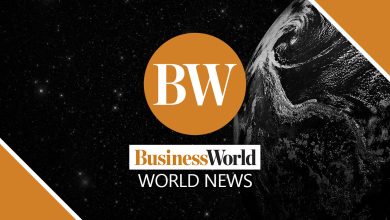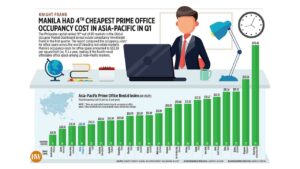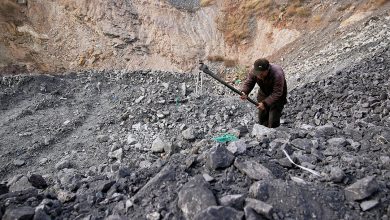Less than a fifth of Asia food companies have a sustainable sourcing policy for meat and other proteins

Although 72% of listed food companies in Asia have some form of sustainability reporting, only 16% have a responsible protein sourcing policy, including for meat, dairy, seafood, and eggs.
These are some of the findings of a May 10 report by Asia Research and Engagement (ARE), an ESG (Environmental, Social, and Governance) risk and strategy consulting firm in Singapore.
To align with global sustainability approaches, ARE recommends these five steps: assess all risks with protein sourcing; develop a company sustainability vision towards 2030; ensure the traceability of protein products to support responsible sourcing; seek best practice examples; and report on company performance in contrast to its targets.
There are supply chain risks companies need to consider when sourcing products, explained Kate Blaszak, director of sustainable proteins of ARE.
“Retailers, manufacturers, hotels, and the other sourcing categories are an important interface between consumers and food producers,” she said in an e-mail. “Consumers and investors increasingly want to be assured that their dietary and investment choices are more responsible and sustainable. This means that unsustainable, raw material production practices are not occurring in the production processes of the food products they buy.”
Sustainability considerations include the carbon footprint of such food products, social impacts such as worker standards, public health risks such as antibiotic overuse, and environmental hazards such as deforestation.
“These risks, if not identified through supply chain traceability or transparency, can potentially impact company reputations, investment, as well as bottom lines,” added Ms. Blaszak added.
The ARE report, which provides a baseline benchmark from 158 Asia listed companies across 10 markets, also found the following:
11% acknowledged animal welfare risks in animal protein sourcing;
none acknowledged deforestation risks in animal protein sourcing; and,
18% acknowledged sustainable seafood sourcing.
In the Philippines, an example of a company with a responsible protein sourcing is Century Pacific Food Inc., Ms. Blaszak told BusinessWorld.
“At the time of review, their sourcing policy focused mainly on seafood, acknowledging sustainable seafood risks and some mitigation via certification of part of their sourcing,” she said.
Other companies that the ARE report found to have protein sourcing policies are Japan-based AEON Co., Ltd, with its focus on seafood certification targets as well as deforestation risks with regard to palm oil, timber, and paper; South Korea-based Pulmuone, with its target to increase the ratio of products with animal welfare certification by 200%; and Hong Kong-based Café de Coral, with its raw meat and seafood derived from “high-welfare” suppliers and sustainably certified sources, respectively.
“It is now up to companies to… help consumers in responsible and sustainable choices — by clear policies, standards, and disclosure,” said Ms. Blaszak. “Targets and progress on company websites are also clear signals that the company is moving in the right direction.”
This is a challenge and a journey, she added, “but we encourage companies to acknowledge and prioritize all material risks related to animal proteins.” — Patricia Mirasol




